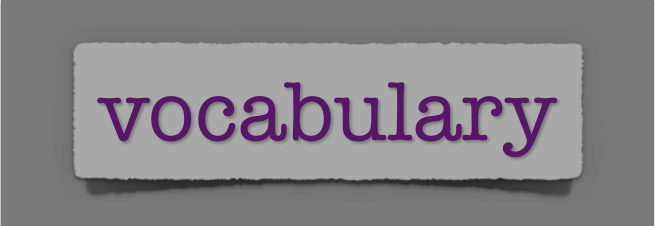One of the people who has mentored me through her writing over many, many years is Madeleine L’Engle, going all the way back to Ms. Reedy at the Lusaka International School reading A Wrinkle in Time to us at the end of the day if we finished our work. One of the sentences that has stuck with me from her nonfiction work, and that rises to the surface every so often is her observation that during wartime our vocabulary shrinks. I’m haunted by the sentence I think because I feel as though our American vocabulary, particularly in public discourse, has continued to shrink over my lifetime. We have lived as a people constantly at war, if not with someone or something else, then with ourselves. As a nation, war comes close to be our defining metaphor.
I thought about L’Engle’s observation when I read this paragraph from bell hooks:
This is why it has been difficult to honestly talk about race. We are surrounded by a profound silence about race. And the talk we hear, the public talk about race is usually a pouring of gasoline on the fire. Most of it does nothing to end racism. It’s the profound silence that we live within because we lack a language that is complex enough. Our task as people who love justice is to create that language.
To wage peace requires a more versatile vocabulary than us and them. For justice to be restorative, we need to expand the language of forgiveness and reconciliation. To create community, we must work together to find a more expansive articulation of inclusion.
Our task as people who love justice is to create that language. That sentence reminds me of the early days of HBO and Rich Hall’s Sniglets, which were words that were not in the dictionary but should be. For example:
Accordionated (ah kor’ de on ay tid) – adj. Being able to drive and refold a road map at the same time.
Bovilexia (bo vil eks’ e uh) – n. The uncontrollable urge to lean out the car window and yell “Moo!” every time you pass a cow.
Exaspirin (eks as’ prin) – n. Any bottle of pain reliever with an impossible-to-remove cotton wad at the top.
I spent many an afternoon with the kids from my youth group trying to come up with sniglets of our own. Though our intent was frivolous and humorous, the practice of looking for what needs to be named matters. John begins his gospel by saying, “In the beginning was the Word, and the Word was with God, and the Word was God.” As people created in the image of the Creator, we are called to create and make things more complex, to find the words we don’t have and speak them.
In another section of the book hooks says,
Creativity is not quiet . . . . The root meaning of the word ecstasy is to stand outside—that’s what creativity does, it allows the creator to move beyond the self into a place of transcendent possibility—that place in the imagination where all is possible. And in that process one is both moved beyond measure and awed.
It’s true that our dictionary grows every year. Some of the words are created to explain technological advances, others are slang or cultural colloquialisms. Many in the media and in politics have mastered the art of the euphemism, which has less to do with being creative than it does providing something to hide behind. The business world often fashions words into new usage (I almost wrote they bully the words) in an attempt to make the language more pragmatic. (Please tell me why we now “gift” someone something, when we have been able to give it to them all along.)
None of that is what I am talking about. To move to a place of transcendent possibility is to move together, to talk together, to listen to one another. We have etymological work to do as well, learning from one another what connections we make between words—normal, gender, dominant, equality, to name a few—as well as the history of the words’ impact. If I am going to speak the language of love and justice, then I must think about what my words mean to my hearers and not assume they understand them the same as I do. Here in lies one level of the messy, deliberate, frustrating, hopeful, galvanizing work of building community and making peace.
And I think it is less about making up new words than it is coming to terms with words we have and learning how to speak the truth in love. To learn those words, I have to step out of my circle, read books that do more than affirm what I already know, listen to those whose presuppositions about life and faith and race and whatever else are not the same as mine, and leave a few of my questions with them. These are not conversations that are going to take place on the twenty-four hour news channels; their vocabularies are shrinking on purpose. We must share our words in coffee shops and churches, around dinner tables and on street corners. We must become subversive vocabularies determined to learn and share a language worthy and capable of the community we want to create.
As King Lear said,
The weight of these sad times we must obey;
speak what we feel, not what we ought to say.
Word.
Peace,
Milton

“Consimplicate” – To make something simple more difficult
“hearlucinate”- To think one has heard something
Maybe Starbucks is pulling us along? Not in the way people are viewing it, but in the conversations that could take place after you have your coffee?